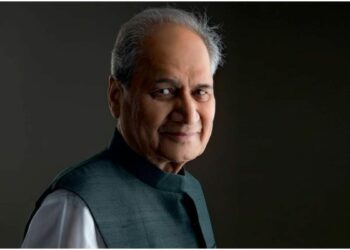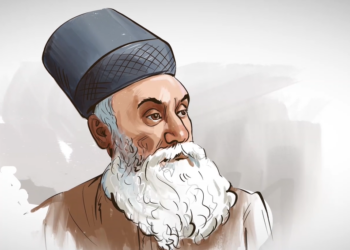“The right of privacy is a fundamental right. It is a right which protects the inner sphere of the individual from interference from both State, and non-State actors and allows the individuals to make autonomous life choices.”, The Supreme Court of India said.
“The right to privacy is protected as an intrinsic part of the right to life and personal liberty under Article 21 and as a part of the freedoms guaranteed by Part III of the Constitution.”, The Supreme Court of India said.
The Supreme Court on August 24, 2017 pronounced that individual privacy is a fundamental right protected by the Constitution of India.
The ruling was delivered by a rare nine-member bench of Supreme Court of India and is based on an array of petitions that challenge the mandatory use of Aadhaar Cards which assign a unique 12-digit ID to every citizen.
The ruling on the highly contentious issue was to deal with a batch of petitions challenging the India Govt.’s move to make Aadhaar mandatory for availing the benefits of various social welfare schemes. Petitioners say that enforcing the use of Aadhaar is an infringement of privacy.
Supreme Court of India ordered followings:
(i) The decision in M P Sharma which holds that the right to privacy is not protected by the Constitution stands over-ruled;
(ii) The decision in Kharak Singh to the extent that it holds that the right to privacy is not protected by the Constitution stands over-ruled;
(iii) The right to privacy is protected as an intrinsic part of the right to life and personal liberty under Article 21 and as a part of the freedoms guaranteed by Part III of the Constitution.
(iv) Decisions subsequent to Kharak Singh which have enunciated the position in (iii) above lay down the correct position in law.
“Today’s judgement of the Supreme Court is a welcome judgement in as much as it strengths the Fundamental Rights and personal liberty.”, Government of India said in a statement.





















